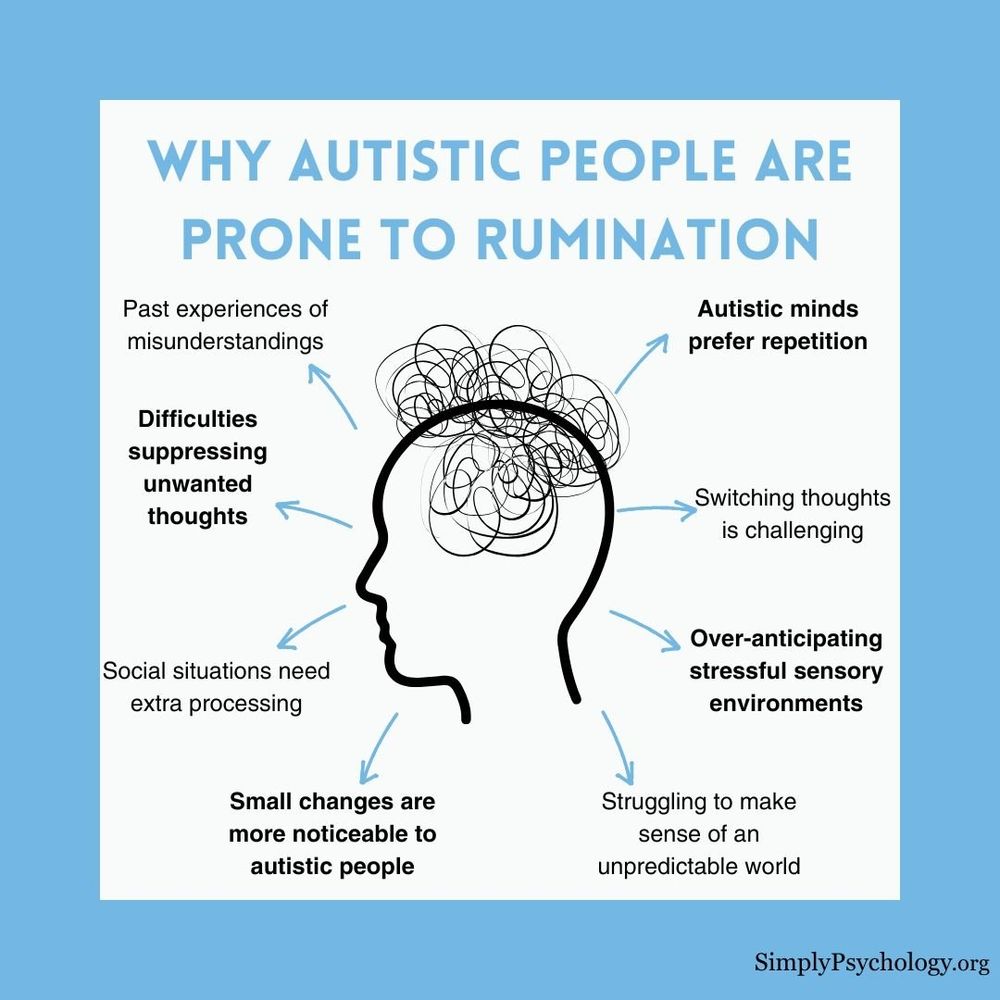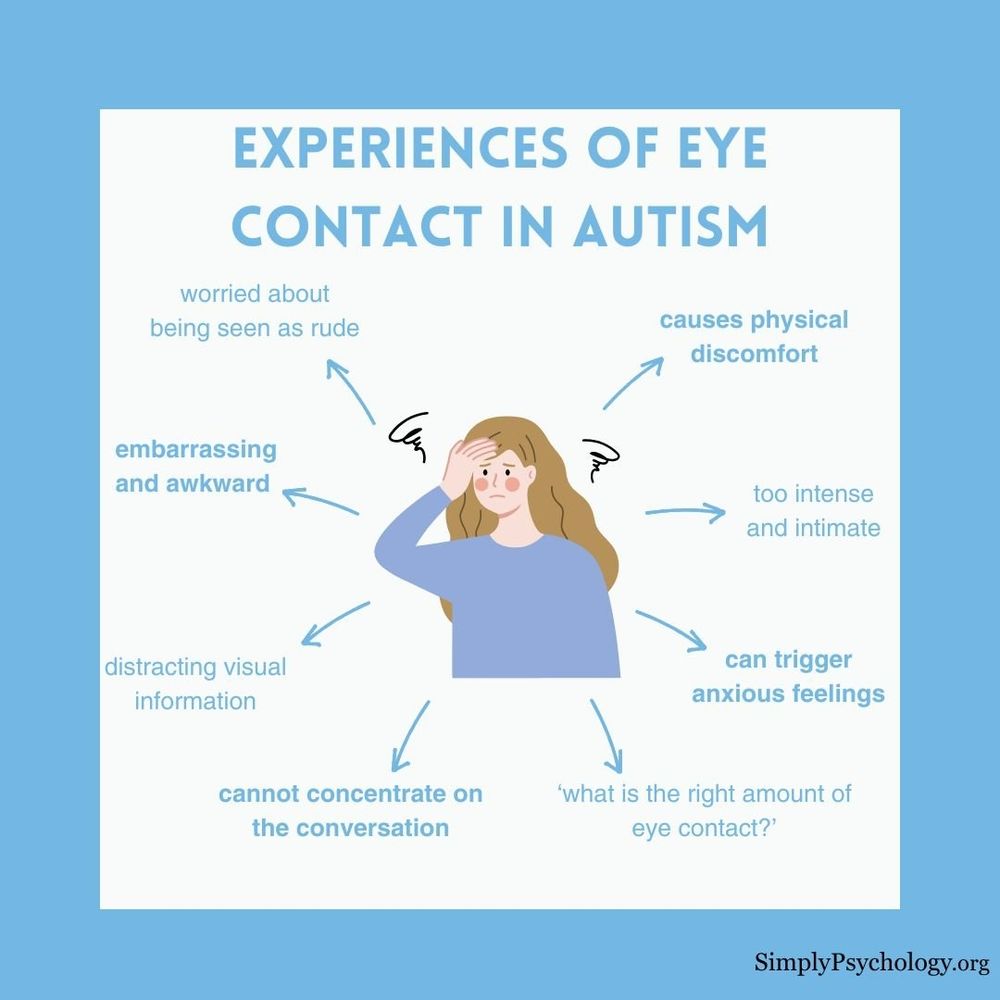Autistic
Editor and writer for Simplypsychology.org 🧠
FREE until 25th November
www.liebertpub.com/doi/10.1177/...

FREE until 25th November
www.liebertpub.com/doi/10.1177/...

FREE until November 25th
www.liebertpub.com/doi/10.1177/...

www.bmj.com/content/391/...

www.bmj.com/content/391/...

www.frontiersin.org/journals/psy...

www.frontiersin.org/journals/psy...
The last 6 months, I've decided to stop drinking at social events because I realised I was using it to mask my autism and cope.
But drinking actually had the opposite effect when the next day I get anxiety about how I acted.
pmc.ncbi.nlm.nih.gov/articles/PMC...

The last 6 months, I've decided to stop drinking at social events because I realised I was using it to mask my autism and cope.
But drinking actually had the opposite effect when the next day I get anxiety about how I acted.
pmc.ncbi.nlm.nih.gov/articles/PMC...
My overview of the research + a link to the original paper is below:
www.simplypsychology.org/tabletop-rol...

My overview of the research + a link to the original paper is below:
www.simplypsychology.org/tabletop-rol...
www.simplypsychology.org/autistic-rum...

www.simplypsychology.org/autistic-rum...
www.liebertpub.com/doi/10.1089/...

www.liebertpub.com/doi/10.1089/...
www.simplypsychology.org/autism-eye-c...

www.simplypsychology.org/autism-eye-c...
My article explores some of the possible reasons why autism appears to be 'increasing.'
www.simplypsychology.org/why-is-autis...
#ActuallyAutistic #Autism #Neurodiversity

My article explores some of the possible reasons why autism appears to be 'increasing.'
www.simplypsychology.org/why-is-autis...
#ActuallyAutistic #Autism #Neurodiversity
Below is an article I wrote outlining 13 myths and misconceptions about autism.
www.simplypsychology.org/autism-myths...

Below is an article I wrote outlining 13 myths and misconceptions about autism.
www.simplypsychology.org/autism-myths...

